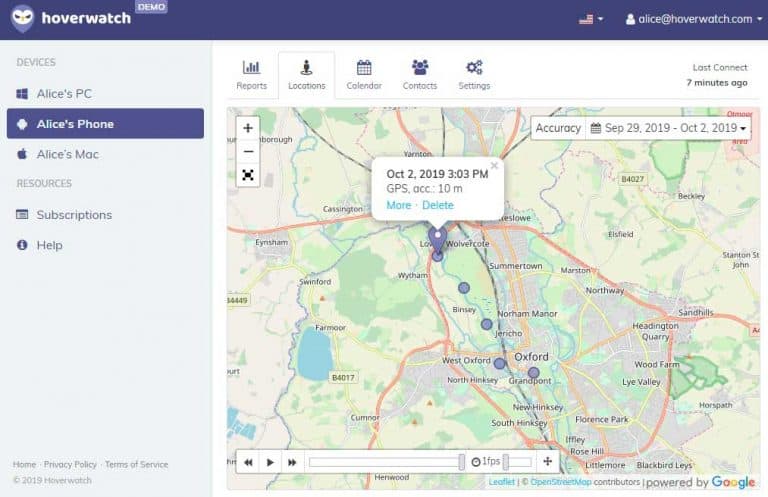The Licensing Effect: How Software Licensing Can Earn You More Revenue in 2022

It’s not hard to see why the licensing model has become commonplace in the software industry. After all, it offers companies benefits over the traditional and standard models of sale. As its name implies, it refers to the process of monetizing products licensed instead of sold. This means that conditions and terms exist that end-users need to comply with to use the product legally, the guidelines of which are usually outlined in the licensing agreement between both parties.
As mentioned previously, software licensing comes with many advantages. This article will cover some of the ways it can help your business generate more revenue for 2022.
Generates recurring revenue
Recurring revenue is one of the ways in which software licensing can benefit a business. For example, with SaaS or usage-based licensing, companies provide a number of tokens or credits that clients and customers consume whenever the application is used. Once they’ve finished all their tokens, end-users must pay if they wish to use them. This means the business will continue profiting from the product as long as users need it. Additionally, it gives the end-users more satisfaction since they’ll only pay as required.
Another form of licensing is the time-based model, which allows businesses to capture multiple collection revenue points from every customer. As its name suggests, this model gives consumers access to the application for a specific amount of time, which they can extend for a fee. Like usage-based licensing, it gives companies access to regular income and is more effectively implemented with a license management system.
Attracts more sales
Consumers today want to get the most out of their product or service purchases, and software is no exception. Through software licensing, it’s possible to draw in more prospects and increase your sales because they may think they’re getting a much better deal. For example, implementing feature-based licensing will give people access to a comprehensive software suite that users will need to pay for specific features they need either as a one-time purchase or a timed one. As a result, they’ll be more inclined to choose the program because they’ll have more control over spending on what they want.
In addition, when you have feature-based licensing, it’s easier to keep your customers happy because they won’t have to worry about paying for something they don’t use. Get more business leads By offering a feature-based licensing plan, you can give prospects the option of purchasing certain features as they need them, so they can get exactly what they want without having to pay for something they don’t need. This will help you get more leads and business.
Serves as a marketing tool
Lastly, software licensing provides digital products an air of quality over its unlicensed counterparts. It’s an indicator of the quality of the programs or applications developed, making it an excellent selling point and marketing tool for a business. After all, consumers are more willing to spend on products that are of high quality. And because licensed software is generally perceived to be better than alternatives, it’s more likely to create exposure and generate revenue, especially flexible models like ID-based licensing.
The software industry has changed dramatically since the dawn of time. When we think about the different types of software available today, we should consider not only what is being created but who is creating it and how it is being distributed. With the advent of the internet, there are now thousands of software programs that are both free and paid for. From small hobbyist programs to large business solutions, there is software for everyone. When you’re planning your budget, you’ll want to consider adding a little extra for advertising.
Conclusion
It’s not surprising that licensing models are gaining more traction in the software development industry. When you get down to it, they enable developers to generate more profit and income than other types of sales models. Thus, it’s recommended that software companies implement the right licensing model that fits their programs and applications.
The benefits of open source software are numerous. They include free access to a large number of well-tested, stable applications, a thriving community of developers, and the opportunity to influence and contribute to the development of the software. Although there is no doubt that open source can be a viable alternative for businesses, many organizations are still unaware of how it can benefit them.





